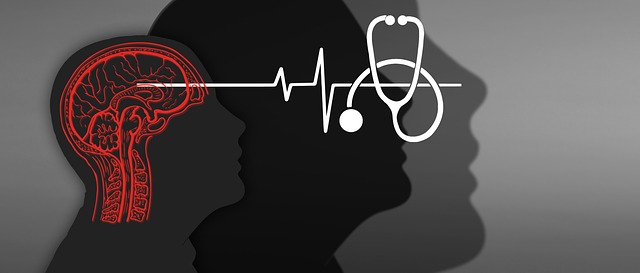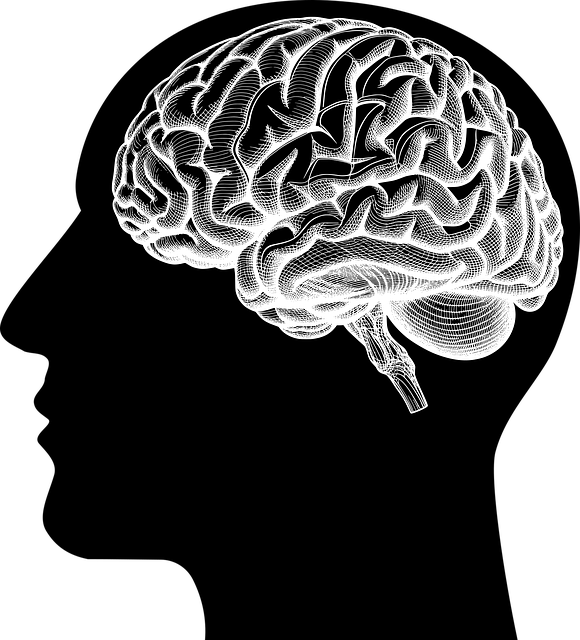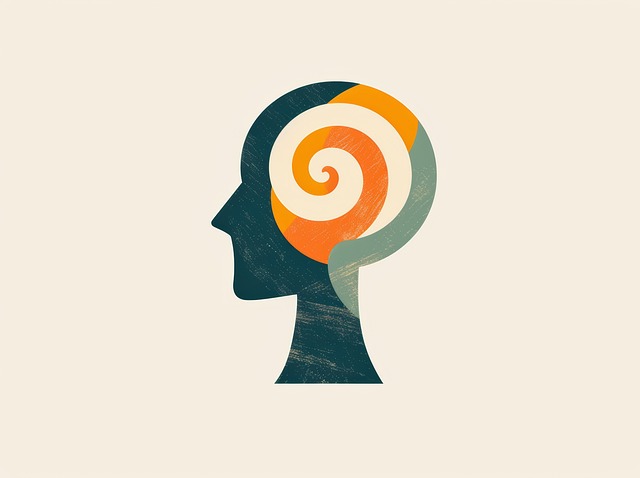The mental health landscape for young adults is rapidly evolving, driven by unique pressures like academic stress, social media influence, and adulthood transitions. Traditional therapy often fails to meet their specific needs, leading many to explore alternative approaches. Mental wellness coaching programs, focusing on resilience, self-esteem, and coping mechanisms, are gaining popularity due to increased public awareness of mental health. Effective therapy models tailored to young adults' experiences, incorporating evidence-based methods like CBT or DBT, are crucial. Independent Medical Evaluations (IMEs) play a vital role in risk assessment and guiding personalized treatment plans, enhancing outcomes and fostering support through proactive crisis intervention. Implementing successful coaching programs requires a strategic, holistic approach integrating therapy into mainstream services for comprehensive mental wellness guidance.
Mental wellness coaching programs have emerged as a crucial resource for young adults navigating the complexities of modern life. This article delves into the growing necessity of such initiatives, focusing on therapy models tailored specifically for this demographic. We explore effective strategies, including independent medical evaluations, to enhance mental health support. By examining successful implementation and impact, we uncover how these programs can revolutionize young adult care, emphasizing the importance of accessible and comprehensive Therapy for Young Adults.
- Understanding the Need for Mental Wellness Coaching Programs for Young Adults
- Designing Effective Therapy Models Incorporating Independent Medical Evaluations
- Implementation and Impact: Strategies for Success in Young Adult Mental Health Coaching
Understanding the Need for Mental Wellness Coaching Programs for Young Adults

The mental health landscape for young adults is evolving, underscoring the growing need for specialized support. This demographic often faces unique challenges that can significantly impact their overall well-being, including stress from academic pressures, social media influence, and the transition into adulthood. Traditional therapy settings might not always cater to their specific needs, leading many young people to seek alternative approaches. Mental wellness coaching programs step in as a modern solution, offering a non-clinical, personalized path to improved mental health.
These programs recognize that young adults often require guidance focused on building resilience, self-esteem, and effective coping mechanisms rather than just treating diagnosed disorders. By incorporating strategies for mood management and promoting self-discovery, these coaching initiatives aim to empower individuals to take charge of their mental wellness independently. Moreover, with increased public awareness campaigns highlighting the importance of mental health, there is a growing demand for accessible and developmentally appropriate therapy models, such as independent medical evaluations tailored to young adults’ experiences.
Designing Effective Therapy Models Incorporating Independent Medical Evaluations

Designing effective therapy models is a critical step in developing comprehensive mental wellness coaching programs. For young adults, tailored therapeutic approaches that address unique challenges and developmental stages are essential. One evidence-based strategy involves incorporating elements of cognitive-behavioral therapy (CBT), dialectical behavior therapy (DBT), or other evidence-supported methods known for their effectiveness in improving mental health outcomes. These models should be flexible to accommodate diverse needs, allowing coaches to personalize sessions while adhering to structured protocols.
Independent Medical Evaluations (IMEs) play a pivotal role in ensuring the safety and efficacy of these programs. IMEs provide a thorough risk assessment for mental health professionals, enabling them to make informed decisions about an individual’s treatment plan. By integrating crisis intervention guidance into the evaluation process, coaches can proactively identify potential risks and develop strategies to mitigate them. This comprehensive approach enhances client outcomes, fosters a supportive environment, and underscores the importance of Mental Health Awareness in delivering high-quality care.
Implementation and Impact: Strategies for Success in Young Adult Mental Health Coaching

The successful implementation of mental wellness coaching programs for young adults requires a strategic approach that addresses both individual needs and broader societal factors. One key strategy is integrating therapy for young adults into mainstream services, making it more accessible and less stigmatized. Independent Medical Evaluations (IMEs) play a crucial role in this process by providing comprehensive assessments, which can guide personalized coaching interventions. By combining IMEs with tailored therapy sessions, coaches can offer effective crisis intervention guidance, helping young adults navigate mental health challenges.
Mental illness stigma reduction efforts are also vital for fostering an inclusive environment. Coaches should be equipped to dispel myths and promote understanding, ensuring that young adults feel supported rather than isolated. This holistic approach, combining personalized coaching with broader societal changes, has the potential to significantly enhance mental wellness outcomes for this demographic.
Mental wellness coaching programs are a game-changer in addressing the unique challenges faced by young adults. By integrating therapy models that incorporate independent medical evaluations, we can ensure tailored and effective support. The successful implementation of these strategies not only enhances access to mental health services but also promotes positive outcomes for this vulnerable demographic. This approach is vital in fostering resilience and overall well-being among young adults, ultimately enabling them to navigate life’s complexities with greater confidence.








